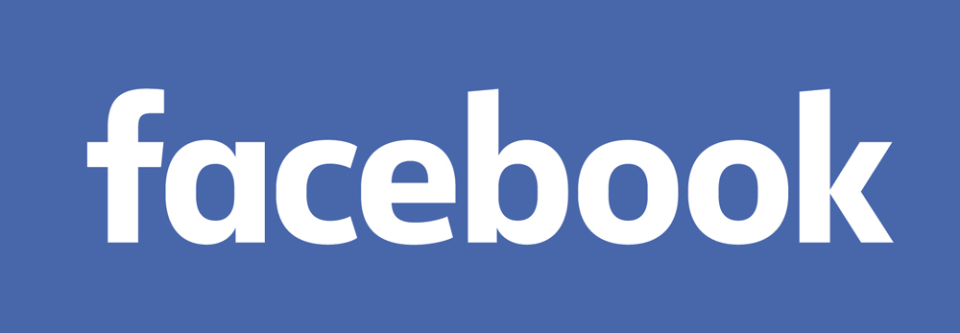Ricochet is the best place on the internet to discuss the issues of the day, either through commenting on posts or writing your own for our active and dynamic community in a fully moderated environment. In addition, the Ricochet Audio Network offers over 50 original podcasts with new episodes released every day.
 Why The Facebook Scandal is a Big Deal
Why The Facebook Scandal is a Big Deal
 “It’s not like the quiz shows are a public utility, sir. It’s entertainment. We’re not hardened criminals – we’re in show business.” — Albert Freedman from Quiz Show (1994)
“It’s not like the quiz shows are a public utility, sir. It’s entertainment. We’re not hardened criminals – we’re in show business.” — Albert Freedman from Quiz Show (1994)
In the 1950s, a scandal rocked the popular quiz show Twenty One when it was revealed that contestants were being provided, in advance, with the answers to the questions. Congressional hearings followed, and all of the major players avoided serious legal repercussions. By misleading the audience, the quiz show producers didn’t do anything illegal, but they eroded public trust in television by deceiving their audience. I find the current scandal going on with the Facebook trending newsfeed to be very similar.
In case you’re unaware, Facebook’s “Trending” section lives at the top right corner of your desktop when you access the popular social network. At various times during the day, three or more news stories appear as “trending,” meaning they are being discussed by a large group of people online at the moment. The stories vary for each user, depending on your interests, location, and history, but Facebook has always purported to be giving an unbiased snapshot of the day’s most popular topics, selected by its sophisticated algorithm.
Last week, however, we learned that — in addition to the algorithm — there is a human element that ultimately selects which stories grace the Trending newsfeed. Not surprisingly, we also learned that the bias of those who choose those stories has suppressed conservative-leaning stories, unless they’re also picked up by major news sources like The New York Times.
Since the story broke, many people have argued that this is no big deal. Facebook has no requirement to be neutral and, as a private company, it is afforded its own freedom of speech. These points are unarguably true, but are a very big deal, regardless.
Last week, David Plotz of the Slate Political Gabfest Slate Political Gabfest podcast called this story a “tempest in a teapot.” He claimed that we live in an age where there is so much choice that it shouldn’t matter if Facebook has a liberal bias. Besides, conservatives have many avenues they can take to find the news that fits their political leanings.
This misses the point entirely. It is precisely because we are drowning in choice and content that people rely on a tool like Facebook’s newsfeed to winnow the selections and give us the straight news. In an era where so many online news websites have clear and obvious bias, it is refreshing to find a list of straight headlines that can be trusted to be fair. We’ve just lost our ability to trust Facebook to do this.
This is not a trivial complaint. According to a 2015 poll by Pew Research, 63 percent of the 1.65 billion Facebook users use Facebook as a news source. It stands to reason that number is even higher today.
Not only are Facebook users getting their news from the social network, they’re having it active put in front of them when they’re busy sharing pictures with friends, catching-up with relatives, or playing silly online games. These are passive news consumers who may not be visiting one of the several political echo chambers on the Internet, which makes Facebook’s (previously undisclosed) bias so harmful.
Plotz whines that if conservatives are angry that Facebook is biased, they have many options to go find a conservative viewpoint. That is true, but only if one is motivated enough to look. Plotz is calling for a self-ghettoization of conservative news consumers. That viewpoint is not too far off from arguing that someone who is denied service at a restaurant due to their race, religion, or sexual or gender identity has plenty of other choices down the road. It’s dismissive and arrogant.
Like the quiz shows of the 1950s, Facebook is not a public utility and shouldn’t be judged as one. As Plotz argues, it is a private company and can do what it wants with its service. But it can no longer be trusted as a fair snapshot of the world around us. It has a bias and, possibly, an agenda. If one doesn’t use Facebook or thinks this is a silly story, bear in mind that two billion people spend hours on this site every day, and many then wonder why the country and the world lean left-of-center.
While it’s true that there are some outlets on the Internet where conservatives can get a right-leaning viewpoint — including this one where we gladly pay a monthly fee just to find a small corner of the world that is ours — there’s no shortage of places where we can find a liberal bias in our news.
Facebook should t be one of them.
Published in Culture



This is an interesting perception worth reading:
http://www.glennbeck.com/2016/05/19/what-disturbed-glenn-about-the-facebook-meeting/?utm_source=Sailthru&utm_medium=email&utm_campaign=20160519GlennBeckDailyV2_A&utm_term=Smart%20List%20-%20Responsive%20Group%20B%20v2